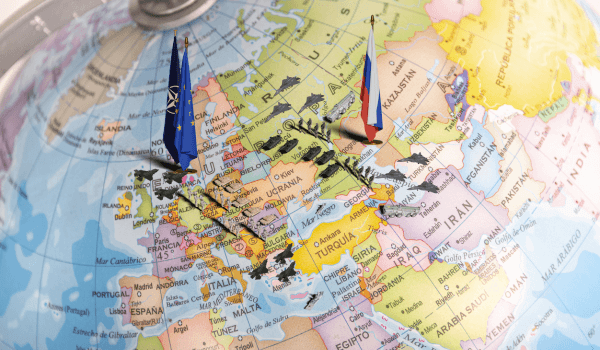Geopolitical tensions are a complex reality in today’s world. They reflect the conflicts between different countries, which often have consequences for international security, diplomacy, and economic relations. In this article, we will review the latest developments in the hottest geopolitical conflicts.
The crisis in Ukraine has significant consequences for Europe. Since 2014, the region has been in conflict between Ukraine and Russia. The annexation of Crimea by Russia has triggered a conflict that has cost many civilian lives. The European Union has imposed economic sanctions on Russia for its role in the Ukrainian crisis.
Tensions between Israel and Palestine also have repercussions for regional and international security. Both parties have been involved in conflicts for decades, and peace negotiations have often failed. The situation worsened in May 2021 when clashes erupted in East Jerusalem, followed by an escalation of violence in the Gaza Strip.

The withdrawal of the United States from Afghanistan also has significant geopolitical consequences. The departure of American forces created a power vacuum that led to the Taliban’s offensive and takeover of the country in August 2021. This situation has consequences for regional security, as terrorist groups can establish themselves there without hindrance.
Finally, North Korea is another hotspot of global geopolitics. Relations with the international community have deteriorated since the country began developing and testing nuclear weapons. Economic sanctions have been imposed on the country, but tensions remain high.
In conclusion, geopolitical tensions are a complex reality in today’s world. Conflicts in Ukraine, Israel and Palestine, Afghanistan, and North Korea all have consequences for international security and diplomacy. Governments and international organizations are working to reduce these tensions and promote peace and stability.




